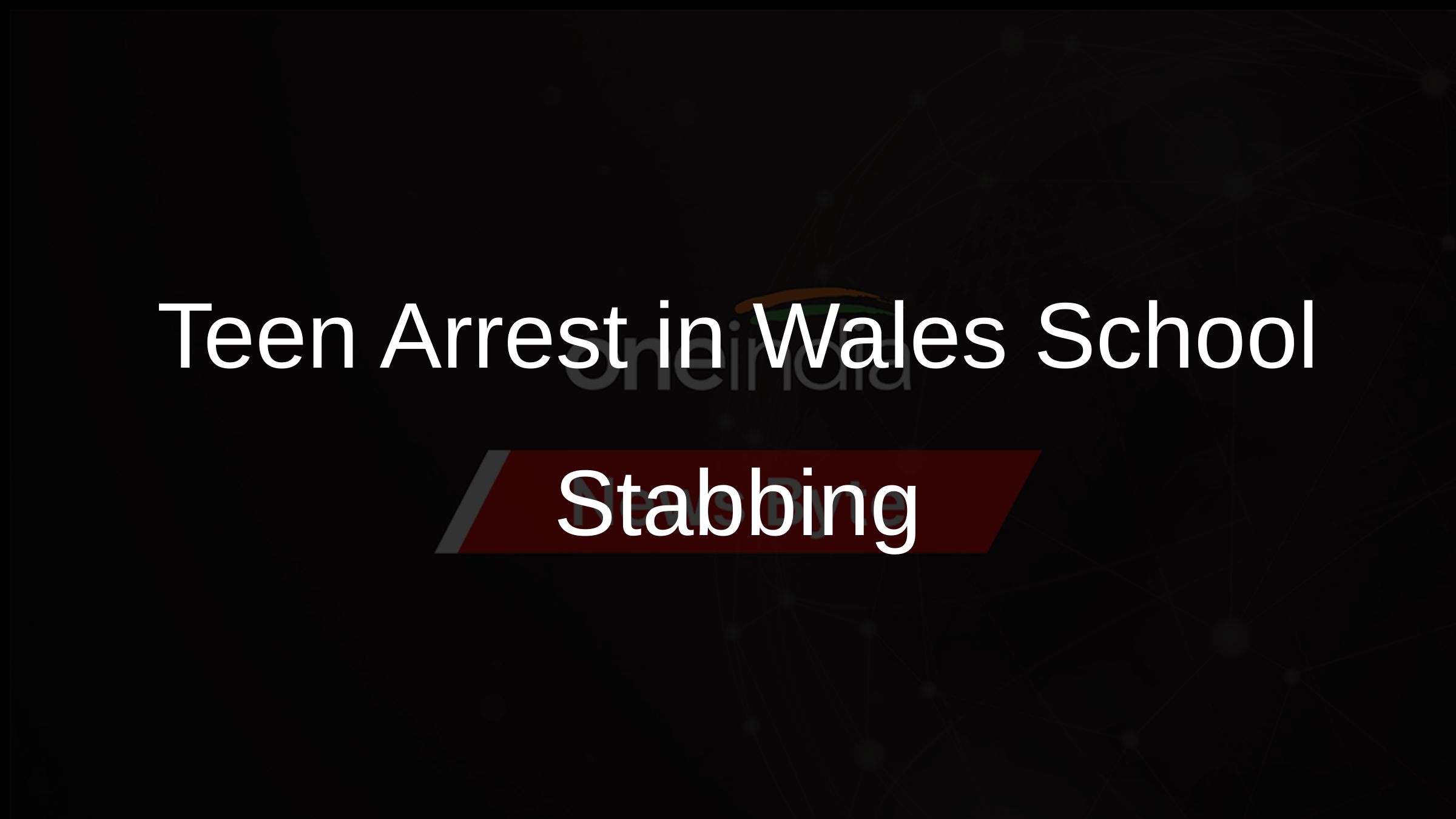Europe's fears make Morocco a migrant bottleneck
RABAT, July 7 (Reuters) Mandale, a 33-year-old Nigerian, lives in a cramped room with his wife, brother and baby daughter and dreams of a new life in Spain.
A trained pharmacist, he does odd jobs around the Moroccan capital to try to make ends meet.
In 2003, he tried to scale a fence separating Morocco from the Spanish North African enclave of Melilla, but shots were fired and he fled in panic.
''God has helped us and the good people of Morocco are helping us,'' he said. ''We go for dinner at people's houses and they give me 60 dirhams (7 dollar) if I don't have money.'' Tightened security on Europe's southern flank has left thousands of African migrants stranded and destitute in Morocco, a country already grappling with poverty and the threat of social unrest.
By stepping up patrols along its craggy coastline, Morocco has reduced northward migration, helping to assuage European fears of a flood of immigrants.
Now, the North African country is calling for help to manage a swelling population of poverty-stricken guests.
It says a new strategy is needed to narrow the wealth divide drawing thousands of people northwards in search of work, and plans to use a conference of European and African governments in Rabat on July 10 and 11 to call for a joint approach.
''We must find not just security solutions but solutions allowing these populations to stay at home in the framework of a real development plan, a veritable Marshall Plan for Africa,'' government spokesman Nabil Benabdallah told Reuters.
SOCIAL TENSION Morocco is ill-adapted to its new role as a temporary home for the economic migrants and refugees from political turmoil in Congo and Ivory Coast.
Poverty affects more than 5 million of the country's 30 million population and unemployment in urban areas stands as high as 25 percent, breeding social tension and fuelling religious extremism.
Aid groups estimate that more than 10,000 immigrants may be living and waiting in Morocco. The vast majority lack the residence papers that would give them access to health care and regular work, and lift the constant threat of deportation.
Some are qualified doctors, teachers or former civil servants but can hope for little more than unskilled jobs and rough accommodation. One flat houses 40 men who manage by sleeping in shifts, said Johannes van der Klaauw, head of the local branch of the Office of the UN High Commissioner For Refugees (UNHCR).
''Morocco has become a country of destination by default,'' he said. ''This is the first generation of new refugees and Moroccan society still has to come to grips with this.'' He said the UNHCR in Morocco received about 2,000 asylum claims last year, compared with just dozens the year before, but only a minority were likely to qualify.
The Moroccan government has stopped automatically giving residence cards to recognised refugees, he said.
THOUSANDS DEPORTED Tragedy struck last October when at least 11 migrants were killed trying to storm razor-wire fences separating Melilla and sister enclave Ceuta from Morocco.
Morocco has deported thousands of migrants. Aid groups have accused it dumping hundreds, including women and children, in the desert without food or water.
The government insists they are treated well and given food, water and health care before being sent home.
REUTERS AD RN1009


 Click it and Unblock the Notifications
Click it and Unblock the Notifications




